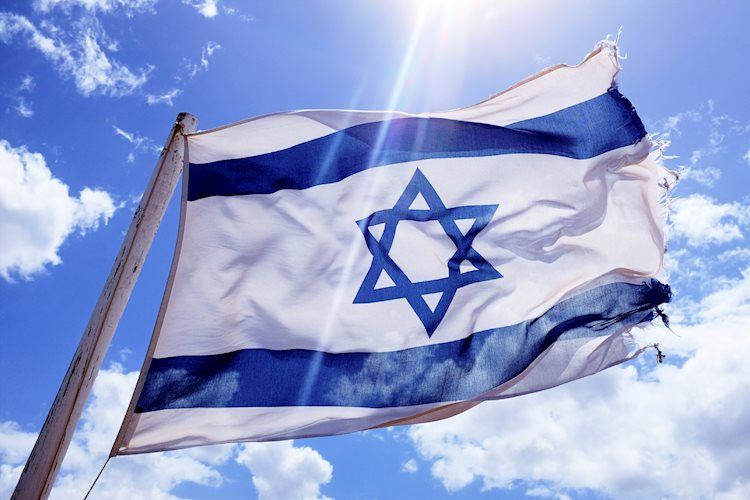Israel has officially declared a war goal of halting Hezbollah attacks in the country’s north to allow residents to return to their homes safely. This comes amidst considerations for a wider military operation in Lebanon, potentially leading to a full-scale conflict. The conflict arose shortly after the outbreak of the yearlong Israel-Hamas war in Gaza, with Israel conducting airstrikes in Lebanon and targeting key Hezbollah leaders.
The market reaction to these developments has seen a 0.19% increase in the price of Gold, which currently stands at $2,575. In times of heightened geopolitical tensions and potential conflicts, investors often turn to safe-haven assets like Gold to protect their investments. The fluctuation in Gold prices is indicative of the uncertainty and risk associated with such situations, leading to increased demand for the precious metal.
In the world of finance, the terms “risk-on” and “risk-off” are commonly used to describe investor sentiment towards risk. During a “risk-on” period, investors are more optimistic about the future and are willing to take on more risk by investing in assets with higher potential returns. On the other hand, in a “risk-off” market, investors become more cautious and tend to gravitate towards safer, less risky assets.
During “risk-on” periods, stock markets tend to rise, commodities (excluding Gold) gain value, and currencies of commodity-exporting nations strengthen. This is due to the positive growth outlook and increased demand for raw materials. Conversely, in a “risk-off” market, bonds, especially major government bonds, Gold, and safe-haven currencies like the Japanese Yen, Swiss Franc, and US Dollar see an increase in value as investors seek capital protection and stability.
Currencies like the Australian Dollar, Canadian Dollar, New Zealand Dollar, and minor currencies such as the Ruble and South African Rand tend to rise in “risk-on” markets due to their heavy reliance on commodity exports for economic growth. These currencies benefit from the increased demand for commodities during periods of economic expansion. On the other hand, major currencies like the US Dollar, Japanese Yen, and Swiss Franc tend to rise in “risk-off” periods as investors seek safety and stability in times of crisis.
In summary, the geopolitical tensions in Israel, along with the market reaction and investor sentiment towards risk, highlight the interconnected nature of politics and finance. As conflicts and uncertainties escalate, investors often turn to safe-haven assets and currencies to protect their investments and mitigate risks associated with volatile markets. It is crucial for investors to stay informed and adapt their strategies accordingly in response to global events that impact financial markets.










